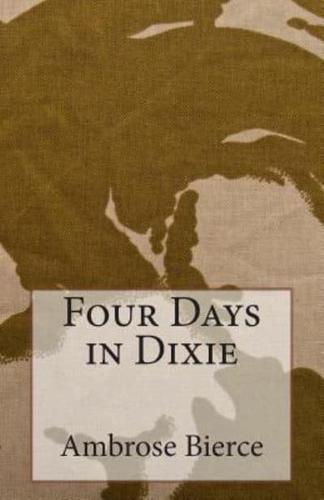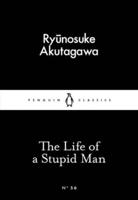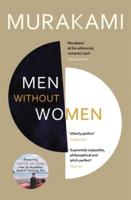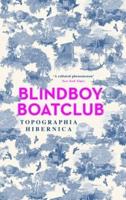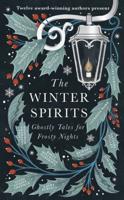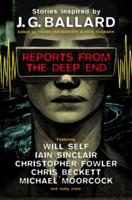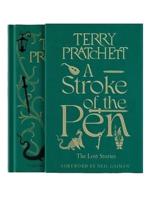Publisher's Synopsis
Four Days in Dixie is a short story by Ambrose Bierce. Ambrose Gwinnett Bierce (born June 24, 1842, assumed to have died sometime after December 26, 1913) was an American editorialist, journalist, short story writer, fabulist, and satirist. He wrote the short story "An Occurrence at Owl Creek Bridge" and compiled a satirical lexicon The Devil's Dictionary. His vehemence as a critic, his motto "Nothing matters", and the sardonic view of human nature that informed his work, all earned him the nickname "Bitter Bierce". Despite his reputation as a searing critic, Bierce was known to encourage younger writers, including poet George Sterling and fiction writer W. C. Morrow. Bierce employed a distinctive style of writing, especially in his stories. His style often embraces an abrupt beginning, dark imagery, vague references to time, limited descriptions, impossible events and the theme of war. In 1913, Bierce traveled to Mexico to gain first-hand experience of the Mexican Revolution. While traveling with rebel troops, he disappeared without a trace. Bierce was considered a master of pure English by his contemporaries, and virtually everything that came from his pen was notable for its judicious wording and economy of style. He wrote in a variety of literary genres. His short stories are held among the best of the 19th century, providing a popular following based on his roots. He wrote realistically of the terrible things he had seen in the war in such stories as "An Occurrence at Owl Creek Bridge", "The Boarded Window", "Killed at Resaca", and "Chickamauga". In addition to his ghost and war stories, he also published several volumes of poetry. His Fantastic Fables anticipated the ironic style of grotesquerie that became a more common genre in the 20th century. One of Bierce's most famous works is his much-quoted book, The Devil's Dictionary, originally an occasional newspaper item which was first published in book form in 1906 as The Cynic's Word Book. It consists of satirical definitions of English words which lampoon cant and political double-talk. Under the entry "leonine", meaning a single line of poetry with an internal rhyming scheme, he included an apocryphal couplet written by the fictitious "Bella Peeler Silcox" (i.e. Ella Wheeler Wilcox) in which an internal rhyme is achieved in both lines only by mispronouncing the rhyming words: The electric light invades the dunnest deep of Hades. Cries Pluto, 'twixt his snores: "O tempora! O mores! Bierce's twelve-volume Collected Works were published in 1909, the seventh volume of which consists solely of The Devil's Dictionary, the title Bierce himself preferred to The Cynic's Word Book.
